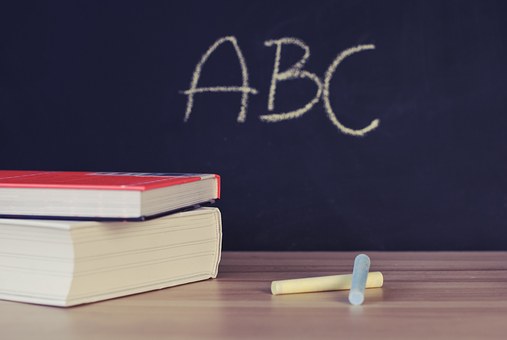Michael Zwaagstra, December 19, 2016
Once again, Manitoba students have ranked near the bottom in Canada in the areas of science, math and reading. The Program for International Student Assessment, an international assessment of 15-year-olds conducted every three years by the Organization for Economic Co-operation and Development, showed Manitoba students are six months to one year behind students in top-performing provinces such as British Columbia, Alberta and Quebec.
Anyone who tries to dismiss these results as a one-time anomaly must grapple with the fact results dating back to 2006 show a slow but steady decline. The Pan-Canadian Assessment Program, a different assessment protocol completed by Grade 8 students across Canada, shows a similar decline for Manitoba. In fact, the latest round of Pan-Canadian tests placed Manitoba students dead last.
If the Manitoba government is serious about raising the academic performance of Manitoba students, it needs to do three things.
First, Manitoba should follow the example of nearly every other province and re-establish standardized tests at a variety of grade levels. British Columbia’s Foundation Skills Assessment for students in grades 4 and 7 and Ontario’s tests for grades 3, 6 and 9 students are good examples of effective testing programs.
Standardized tests are important because they provide a provincial benchmark that can be used to determine how students are faring. Well-designed standardized tests highlight areas of strength and also point out areas of weakness. Unfortunately, the near-total absence of standardized tests in Manitoba has resulted in a dearth of information about student academic performance.
It did not help matters when the previous NDP government refused to release what little performance data it had to parents and the public.
Second, the province needs to place a much stronger emphasis on the academic basics — and it needs to send a much clearer message that curricular knowledge matters. For example, despite some limited moves in the right direction in recent years, the math curriculum still remains tilted much too far in the direction of the discovery approach to learning. The other curricular areas, unfortunately, are also tilted in that direction.
As math professors and WISE Math co-founders Anna Stokke and Robert Craigen have pointed out, students must learn standard algorithms for addition, subtraction, multiplication and division as early as possible if they are going to succeed at higher levels of math.
Students also need to spend significant time practising and memorizing their math facts. Multiple research studies confirm that mastering the basics makes deeper learning possible.
When it comes to reading, schools need to do more than help students decode the words on a page. Students need content knowledge, which is the key to reading comprehension. All too often, teachers think of reading as something that can be taught in isolation from specific content. However, research is clear that reading comprehension soars when students have background knowledge about the topic. By contrast, if someone needs to look up the meaning of every other word in an article, that person will not understand the material and will probably not even try reading it.
Well-known education author E. D. Hirsch Jr. makes this point abundantly clear in his latest book, Why Knowledge Matters: Rescuing Our Children from Failed Educational Theories. Hirsch presents substantial evidence showing reading comprehension is closely linked to background knowledge. For many students, particularly those living in poverty, school is the only place they can get this required knowledge. It is, in fact, the only path to success for the many poor children in Manitoba.
It is not enough for schools to teach “critical thinking” skills, as if they exist in a vacuum. In far too many cases, schools attempt to get around the need for knowledge by teaching students generic comprehension strategies such as “finding the main idea,” “drawing logical inferences” and “close reading.” Hirsch clearly shows these strategies are not a substitute for background knowledge.
Finally, the government needs to promote teaching methods and practices that are supported by research, as do faculties of education. Obviously, students and teachers differ, and there is little to be gained from trying to force everyone to teach exactly the same way.
At the same time, some methods are more effective than others. As a case in point, there is a wealth of evidence supporting direct whole-class instruction by teachers and considerably less evidence supporting the “guide by the side” methods currently in vogue in education faculties and in too many classrooms.
Manitoba can do better. It will take a lot of hard work and a willingness to make changes, but Manitoba students and teachers are prepared for the challenge.
These students and teachers need the support of Minister of Education Ian Wishart in setting better educational policy.
Michael Zwaagstra is a high school teacher, a senior fellow at the Frontier Centre for Public Policy, and co-author of the book What’s Wrong With Our Schools and How We Can Fix Them.



